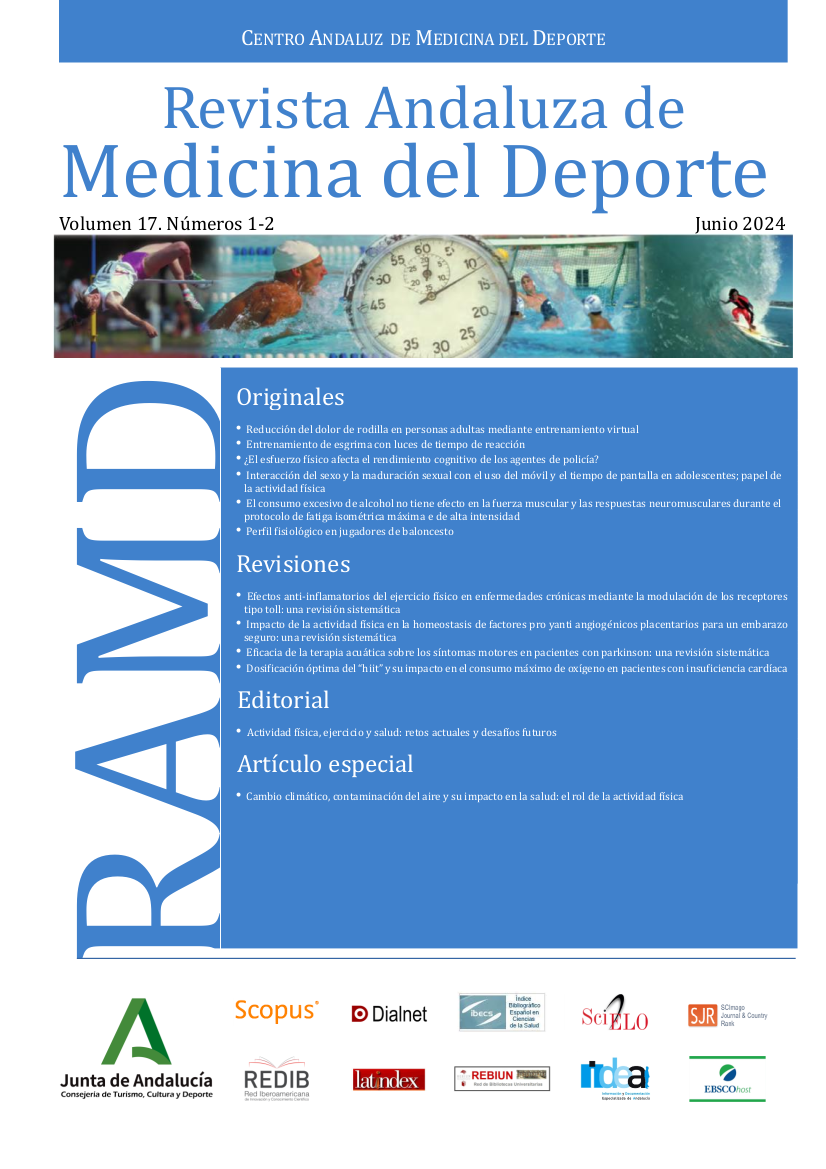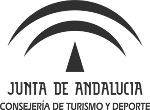Impact of Physical Activity on the Homeostasis of Pro- and Anti-Angiogenic Placental Factors for a Safe Pregnancy.
A Systematic Review.
Abstract
Introduction: During pregnancy, placental angiogenesis plays a crucial role in the formation of new blood vessels, ensuring an adequate supply of oxygen and nutrients to the fetus. Physical activity has been associated with significant benefits in this physiological process. The objective of this systematic review is to examine the effects of physical activity on placental angiogenesis, promoting an optimal balance between pro- and anti-angiogenic factors in pregnant women and rats.
Methods: A systematic review was conducted following PRISMA guidelines. Searches were performed in the electronic databases PubMed and Web of Science with no date restrictions. Original studies of any design conducted in pregnant women and female rats were selected.
Results: Out of the 3,972 studies initially retrieved from the different databases, 11 studies were finally included after applying the inclusion and exclusion criteria. Eight of the eleven studies observed the effect of physical activity in women, and the remaining three in rats.
Conclusions: Physical activity induces variations in the levels of angiogenic factors in pregnant women, reinforcing the role of such activity in promoting placental angiogenesis and reducing the risk of gestational complications.


